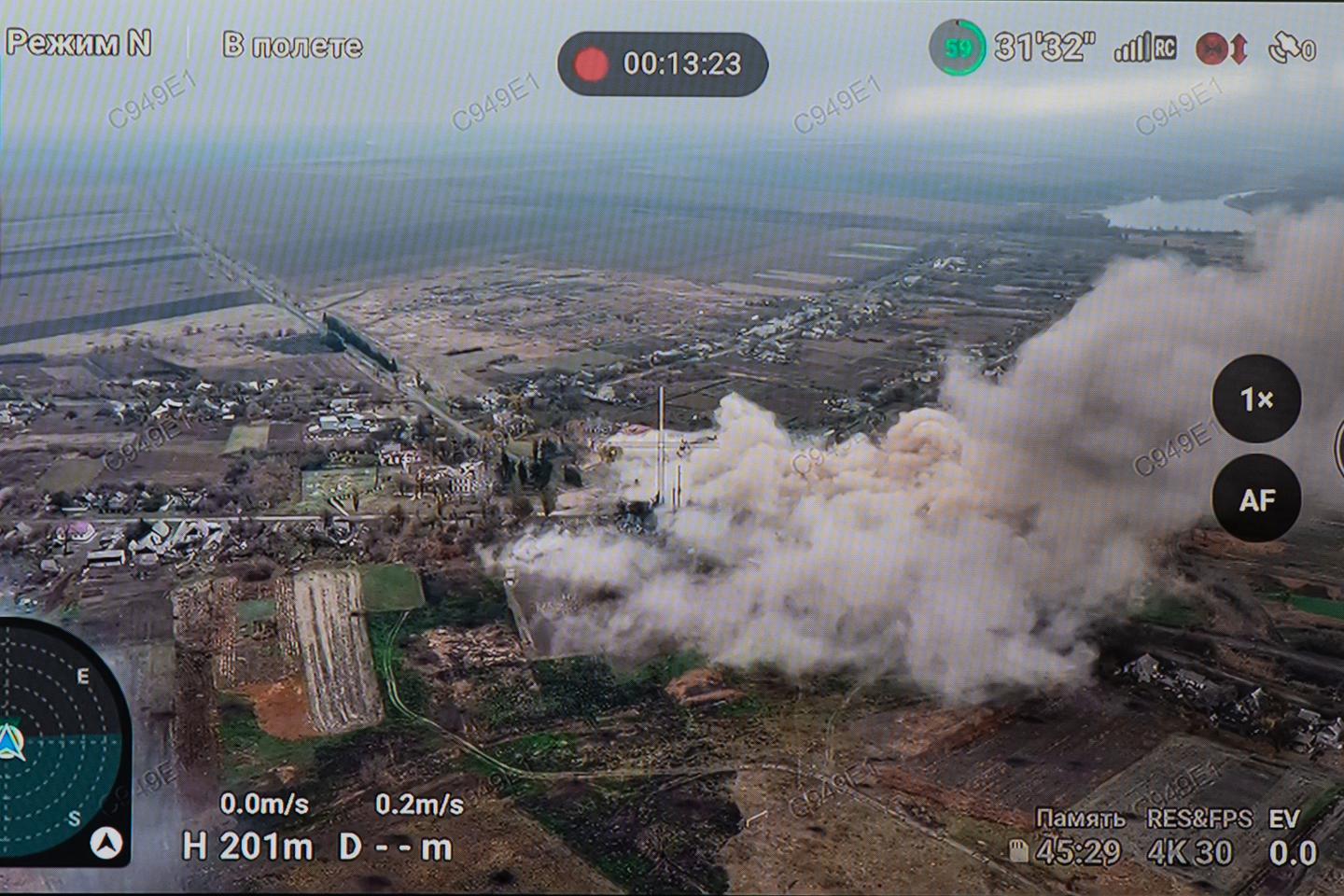


Two major turning points on the world stage have just given a tremendous jolt to the Ukrainian crisis: the October arrival of North Korean troops into Russia to lend a hand to Vladimir Putin's army and the November 5 election of Donald Trump to the White House.
These two events have shifted the balance in a conflict that has claimed hundreds of thousands of lives in the space of a thousand days, undermines Europe's security, and involves multiple powers, including nuclear ones, more and more directly. The first event, the arrival of at least 10,000 North Korean troops in Russia, in addition to the delivery of large volumes of weapons from that country, marked a genuine internationalization of the conflict: For the first time since the Mongol invasions, an East Asian country intervened in a European theater of war, reversing the historical trend of Western interventions in Asia.
This upheaval, described as a "rupture" by President Emmanuel Macron, prompted President Joe Biden to authorize Kyiv to strike targets on Russian territory with US-made ATACMS long-range missiles, which Kyiv did as early as Tuesday, November 19. Coming too late, the decision will not change the course of the war, but it does further engage the United States and, probably, in their wake, the United Kingdom and France, which have delivered missiles with similar functions to Kyiv.
The second event is a diplomatic game-changer, because Trump, who takes office in two months, made resolving the Ukrainian conflict a campaign promise. Unlike the other Europeans, Ukrainian President Volodymyr Zelensky has anticipated this return. In some respects, he even wanted it, given the cost to Ukrainian forces of the Biden administration's hesitations. The combination of these two events opens up a period that is both dangerous, as each party seeks to strengthen its position with a view to a possible outcome, and promising of a new dynamic.
Possible negotiating leverage
One sentence in Zelensky's congratulatory message to Trump on November 6 is worth noting: The Ukrainian leader said he appreciates the American president-elect's approach to "peace through strength." This concept, dear to Emperor Hadrian, was developed by Robert O'Brien, who was Trump's national security adviser from 2019 to 2021, in a June article in Foreign Affairs magazine. O'Brien blames the Biden administration for having, while providing significant military aid to Ukraine, "dragged its feet in sending Kyiv the kinds of weapons it needs to succeed." Trump, he predicts, would like a negotiated settlement to the war that "ends the killing and preserves the security of Ukraine." This would involve providing "lethal aid to Ukraine, financed by European countries, while keeping the door open to diplomacy," with a "degree of unpredictability" to destabilize Moscow.
You have 48.31% of this article left to read. The rest is for subscribers only.
